By Dr. Antonio N. Torralba
(This article first appeared in the August 1998 issue of Universitas. Dr. Torralba was then dean of the UA&P School of Education.)
The school is the microcosm of the country’s present and its future.
Picture today’s leaders in any field of human endeavor. They make decisions based on their convictions or personal preferences; they act according to their priorities and motivations; they work on the basis of their knowledge and skills. Convictions, preferences, motivations, knowledge and skills: these are deeply personal matters that have been significantly shaped by the education a person received in school.
Picture tomorrow’s leaders and citizens. They, too, will make decisions and act freely, day to day, in their home, in their workplace, in their community. The foundations of everything they will do are taking shape in their homes, yes, but also very much so in their schools.
Almost everyone spends the most formative years of his life in school. Anyone who wants to predict how Philippine society would be like 10 or 20 years down the line, or to understand the present Philippine situation, has only to visit a number of schools: He would get rather good insights about what lies ahead and how the present social situation has come about. All human development, personal or social, is anchored on the state of a nation’s schools.
The teacher makes or breaks the school. The school’s mediocrity or excellence is brought about much more by the mediocrity or excellence of its teachers than by the state of its facilities, the sufficiency of its teaching materials, or the quality of administrators. Good teachers plus poor facilities can still yield a good school. But poor teachers and good facilities can never make a good school.
A teacher who spends a good 40 years teaching excellently in the classroom will have easily handled at least 10,000 students. Over time, this translates to 50,000 fathers, mothers, and children who would have traces of the good word and the good example that the teacher would have set.
It is not by chance that the word originates from a Greek word which means “a place where leisure takes place.” Leisure comes from a word meaning “the study of reality.” Neither is it a coincidence that the word teacher can be traced to an old English word that means “one who shows reality of truth to another.” yes, school and teacher go together like the dot on the ‘i’ or the cross on the ‘t.’ And so do school and human development.
It is this close interweaving between teachers, schools and human development that inspired the School of Education (SED) of the University of Asia and the Pacific, in close collaboration with the Hanns Seidel Foundation of Germany, to put up the Master of Arts in Values Education (MAVE) program in 1989. Intended for basic education teachers and other educators, the graduate program, in a span of eight years, has produced more than 500 graduates from all but seven of the 76 provinces of the Philippines.
Through their own efforts, the MAVE alumni have reaped a rich harvest in their regions, cities, provinces, and towns.
The most palpable fruit of their orientation is the series of job promotions that most of the graduates have receives. A few are now regional or division (city or province) supervisors for Values Education and other subjects. Others have been designated head teachers, department heads, and even principals. Most have been promoted to higher positions. Many have been responsible for the human resource development of the school system in their town or province. But the big majority continue to be teachers, this time as Master Teachers (equivalent to the position of School Principal), who are more prudent and wiser molders of minds and hearts.
The most important personal harvest, however, remains to be the student’s conversion toward being better persons, better family men and women, better workers, better teachers, better associates or superiors or subordinates, better citizens, better vessels of their faith.
Lulu, within two years after MAVE, was able to initiate a well thought-out seminar on teacher development. With the unwavering support of her superintendent, she was able to bring together resource speakers and other people for the benefit of more than 3,000 teachers of her province.
Lorie, Bonnie, and Neneng started a seminar series about marriage, family life, and parenting among the parents of the three neighboring schools where they work. With little logistics but strong moral support from their superiors, the three were able to mount the series. It is now continued by the parents whom they had trained for this purpose.
Min Li, a technical education chief in the education ministry of Beijing, is now back to her home and workstation, putting God, personal integrity, family solidarity, values, natural law, and human virtues into every facet of technical education.
Nitz, a school teacher when she joined MAVE in 1989, is now the supervisor for Values Education in her region. She coordinates all the work on teaching and integration of values in basic education.
Flor and Elvie, a husband-and-wife team in the military, have been given charge of the values formation program in all military camps in the country. They complement their tour of duty with regular values education conferences and get-togethers with officers and military men.
Almost everyone—better said, everyone—has a story to tell; and the variations make the many distinct stories as there are fingerprints. But there is one thing in common: the stories are all testimonies of man’s capacity to jump out of himself (the literal meaning of excellence); his capacity for nobility of character and perfection; his ability to be better today than yesterday; his natural inclination to do good; his struggle to make his strengths more productive and his weaknesses irrelevant.
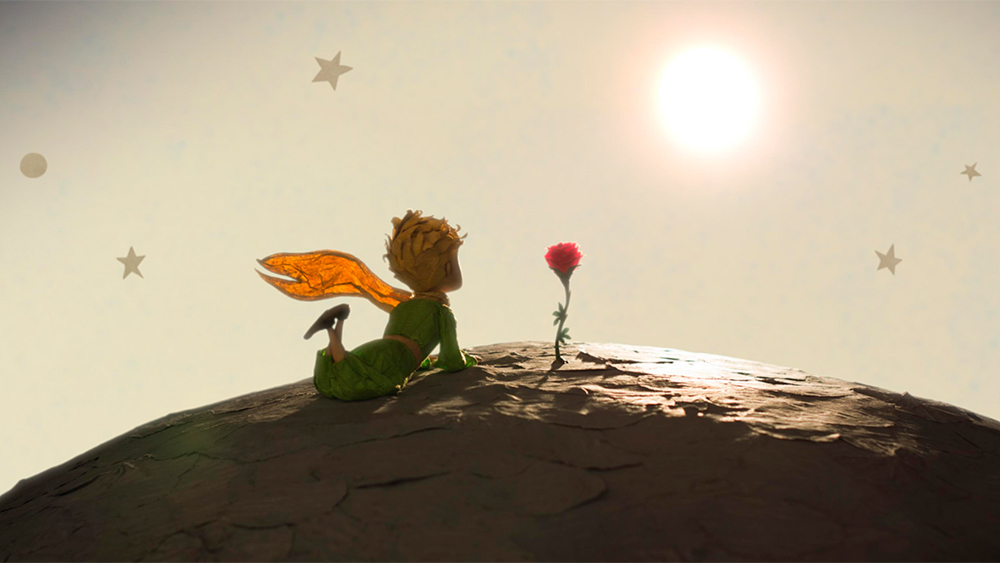
MAVE is the story of people, with natural endowments and limitations, who make an effort to make a difference in the lives of people: to be formed for the sake of others, to respond to development opportunities that come one’s way. MAVE tells of one’s fidelity to the truth and to the good. MAVE is an instrument, a channel, at the service of individuals and society, enabling teachers to show, enabling teachers to tame.
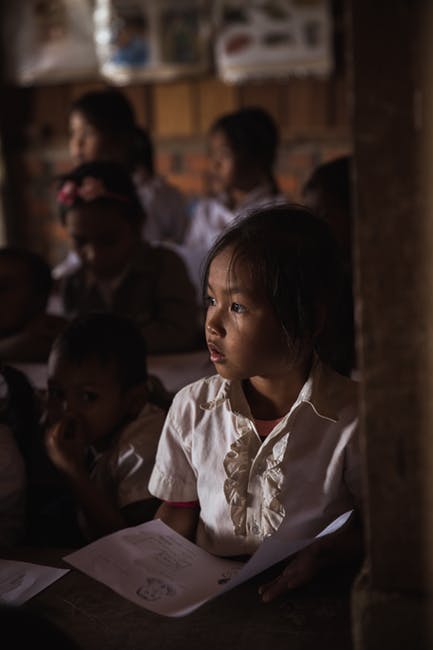
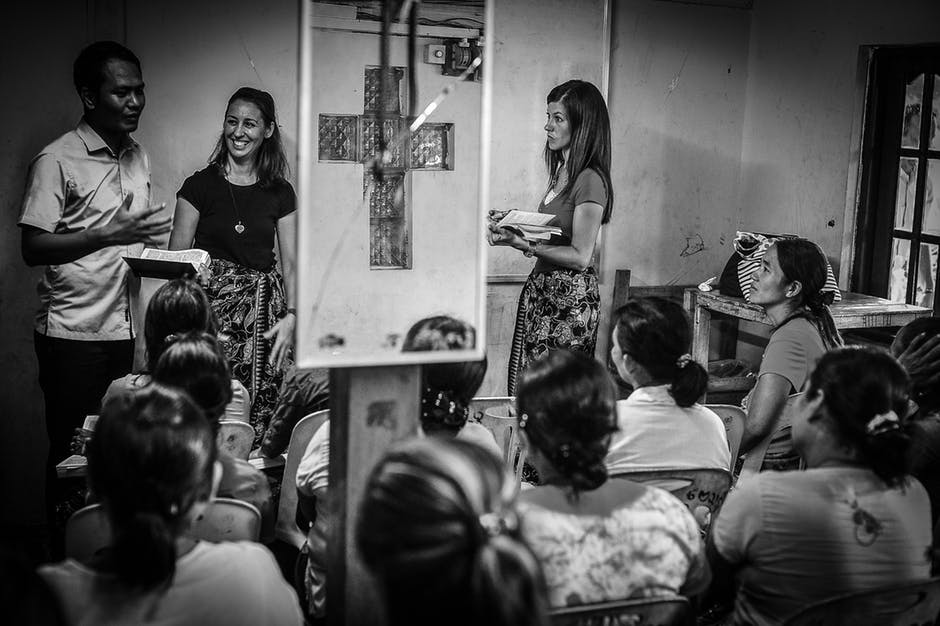
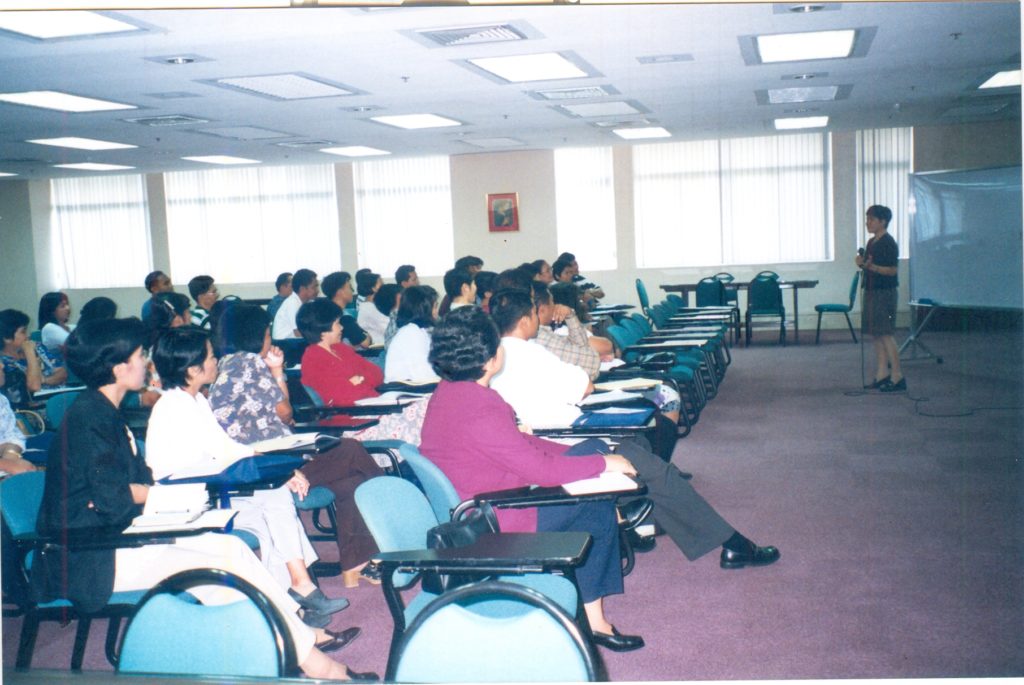
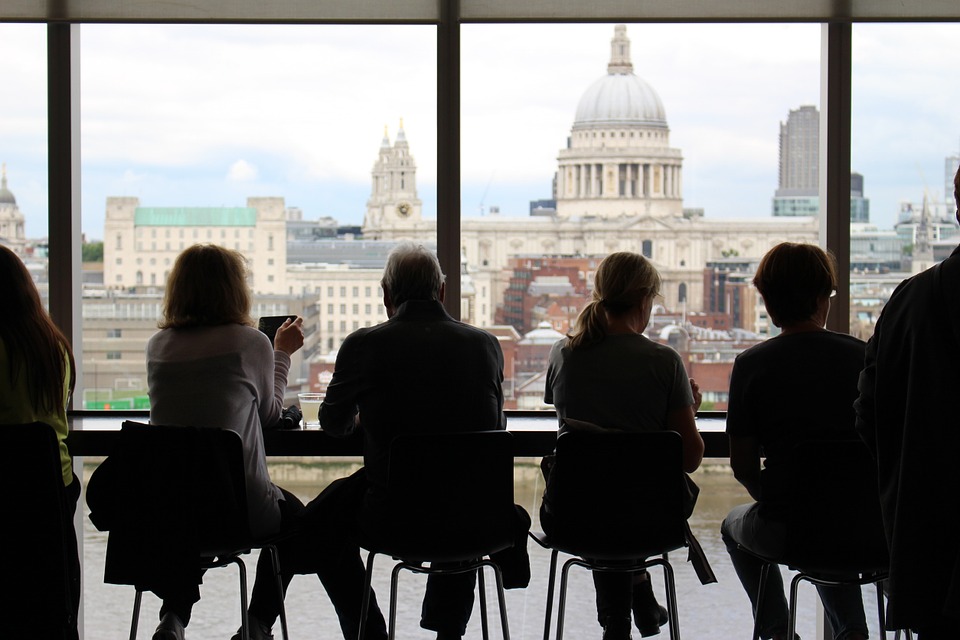
Leave a Reply